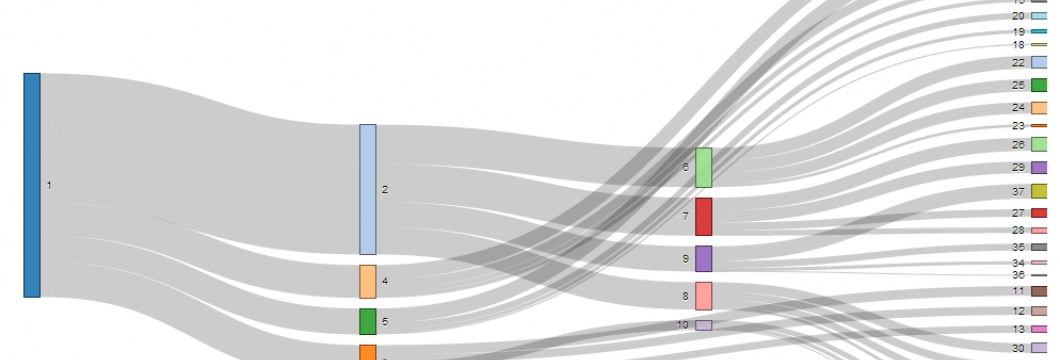For decades, social-science researchers were limited to collecting data through in-person ethnographies or surveys. But in the world of data-tracking mobile devices, researchers have the ability to measure behavior “in the wild,” and can even use digital tools to influence behavior and motivate positive change.
To explore these emerging opportunities and their far-reaching implications, Social Science Matrix sponsored a seminar focused on Behavior Measurement & Change. Led by Raja Sengupta, Professor of Civil and Environmental Engineering, and Shachar Kariv, Professor and Chair of the Department of Economics, the seminar brought together researchers from fields as diverse as transportation management and HIV prevention to discuss what tools and methodologies could be harnessed to measure—and change—human behavior.
Kariv and Sengupta direct Berkeley’s Experimental Social Science Laboratory (XLab, http://xlab.berkeley.edu), which helps Berkeley faculty and grad students conduct experiments using in-lab and mobile technologies. During their Matrix seminar, they explored some of the many opportunities and challenges that researchers are facing as they take advantage of these new techniques. To learn more, see a longer version of this article.





